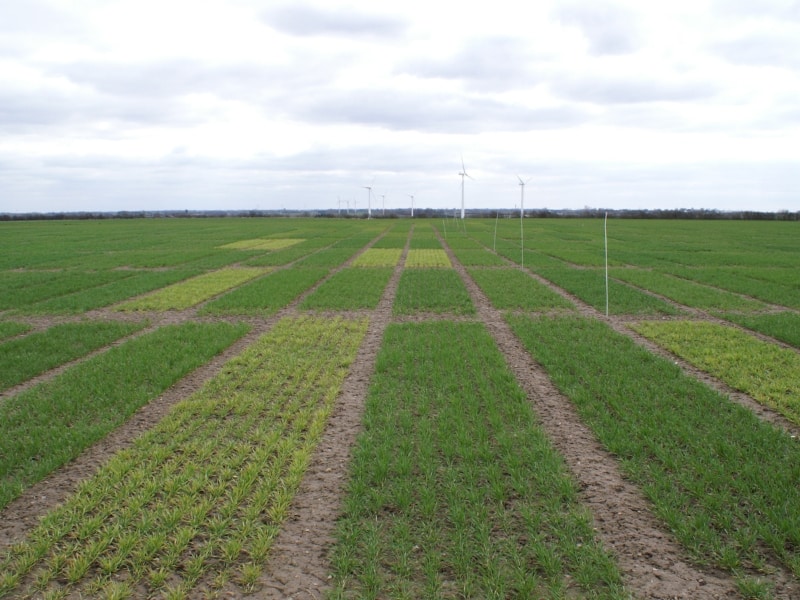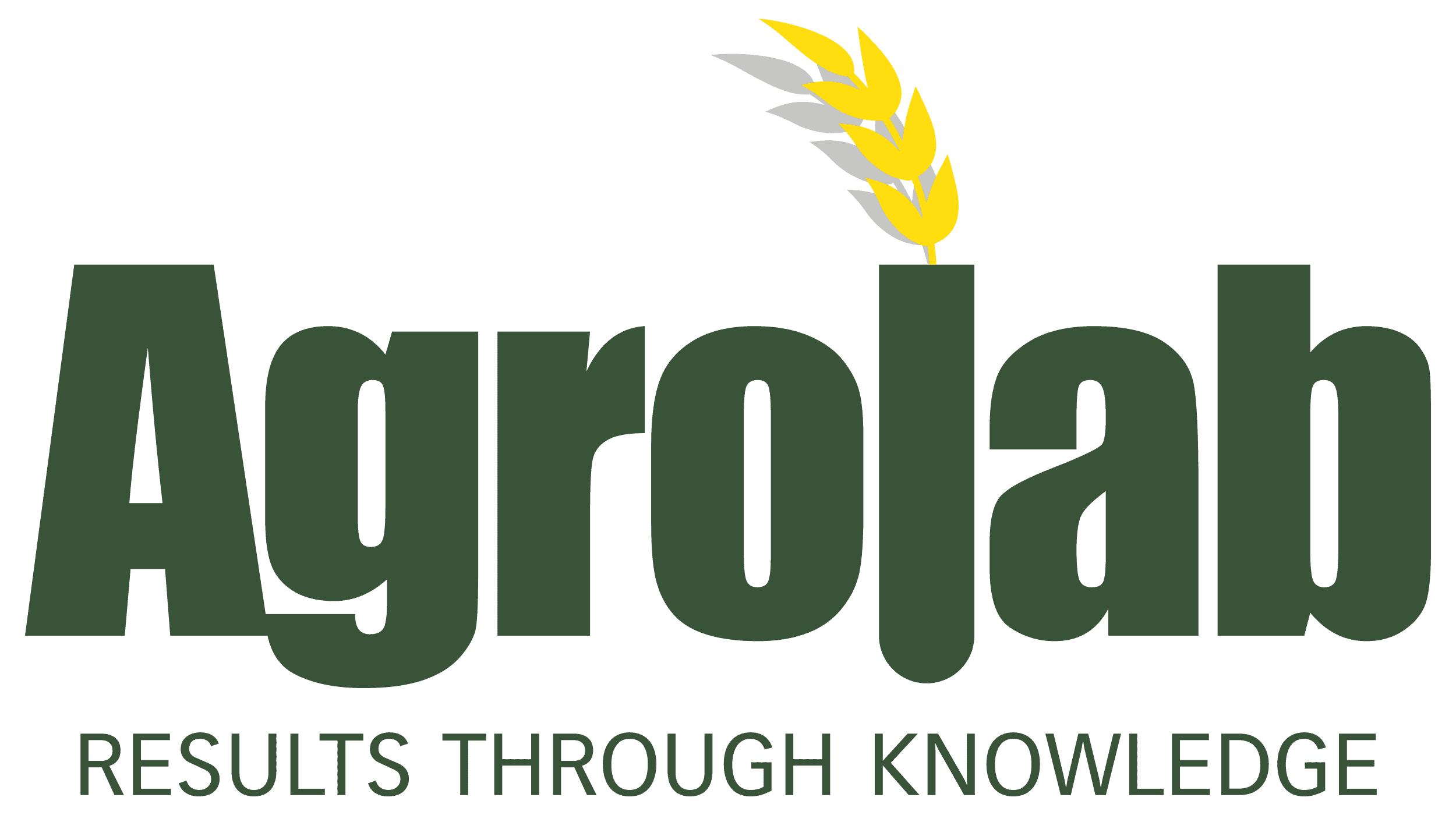
The new Northern Zone guidance document, version 11.1, has become applicable from November 2023 and needs to be followed in all new submissions. Some cMS however are asking for national addenda to be compliant with the new version, even if the zonal submission was done before it entered into force.
Below is a summary of notable changes in the section Environmental Fate. In future news articles, we will look at the changes in the other sections.
Notable changes in Environmental Fate:
PECsoil
- PEC-values for a soil depth of 5 cm should always be reported, even if a refinement to 20 cm depth is done for the years before the last application.
Groundwater
- Simulations with an annual application should always be reported.
- The program AppDate 3.06 is required to be used when selecting the application dates for all FOCUS PELMO and PEARL scenarios.
- A clarification was added that all Swedish scenarios are required for an authorization in Sweden, and surrogate crops must be modelled if the desired crop is not implemented; PLAP-data may be used in place of scenarios Näsbygård and Önnestad (instructions in Appendix V).
- PEARL-modelling is required in addition to PELMO for Finland and the Baltic countries.
- The trigger value for passing the groundwater assessments for active substances and relevant metabolites is now specified as ≤ 0.10 µg/L for all countries.
- In Finland the same value now applies even for non-relevant metabolites, unless they are evaluated up to Step 5
- Denmark now allows 5 years crop rotation for onions.
- Alkaline endpoints are now relevant for Denmark.
Surface water
- New criteria for when Step 3 modeling is not required.
- Detailed instructions on how to choose the correct application dates with the program AppDate 3.06.
- For Latvia: if acidic soils do not represent worst-case conditions for PECsw, the whole data set of degradation and adsorption values (acidic and alkaline merged) can be used.
- For Norway, results need to be obtained for at least one D and one R scenario. If a crop is not parameterized in any of the required scenarios, or it is parameterized for only R or D scenarios, a similar crop (surrogate) must be selected to obtain results for at least one D and one R scenario.
The guidance document can be downloaded here:
Cooperation in the Northern Zone – The Danish Environmental Protection Agency (mst.dk)
If you have questions on the new update or the registration of plant protection products in the Northern Zone, contact Regulatory Affairs Specialist Mandy Rauch at mr@agrolab.se or +46 730 58 67 68.

